Lost at Sea
In the late 1960s, the tranquil English countryside was abuzz with the tale of Donald Crowhurst, an amateur sailor whose odyssey became a haunting narrative of ambition clashing with harsh realities. This story serves as a stark reminder of the Dunning-Kruger effect's impact on decision-making—a lesson of profound significance for attorneys.
The Sunday Times Golden Globe Race, sponsored by the eponymous British newspaper, captivated the public following Sir Francis Chichester's historic circumnavigation. This event was not just a sailing challenge but a metaphorical trial akin to the rigorous scrutiny faced in the legal profession. Crowhurst's tale unfolds a narrative similar to the complex cases attorneys encounter, where the vastness of law mirrors the unforgiving sea.
As Crowhurst embarked on his journey with the Teignmouth Electron, the trimaran's hasty preparation mirrored the pitfalls of insufficient case preparation by legal practitioners. The optimistic yet inexperienced sailor's venture is a cautionary parallel for any attorney underestimating a case's complexities. His initial voyage, filled with a blend of freedom and formidable trials, echoes the early stages of legal proceedings, where optimism meets the reality of litigation.
When the veneer of Crowhurst's voyage began to peel, his decision to falsify navigation logs underlined the perilous path where ambition supersedes ethical boundaries—a scenario not unfamiliar in high-stakes legal situations. His transmissions of triumph contrasted starkly with the grim reality of his solitude and despair, much like the façade that can occur in the legal field when success is publicly celebrated while private struggles are concealed.
The discovery of the Teignmouth Electron adrift in July 1969 with no sign of Crowhurst culminates in a profound lesson about the perils of overestimating one's abilities. This tragedy resonates with the legal community, emphasizing the importance of acknowledging limitations and seeking continued professional development.
Crowhurst's narrative, a blend of fabricated successes and genuine despair, underlines the criticality of accurate self-assessment for attorneys. His experience exemplifies the Dunning-Kruger effect, where overconfidence can lead to calamitous outcomes—a reality that legal professionals must guard against in their practice.
The essence of Donald Crowhurst's odyssey is a potent testament to the importance of humility and the pursuit of knowledge, particularly in fields fraught with complexity and challenge. Attorneys can glean from this the value of self-awareness and the courage to seek guidance, ensuring that their professional journey, unlike Crowhurst's, is navigated with wisdom and integrity.
